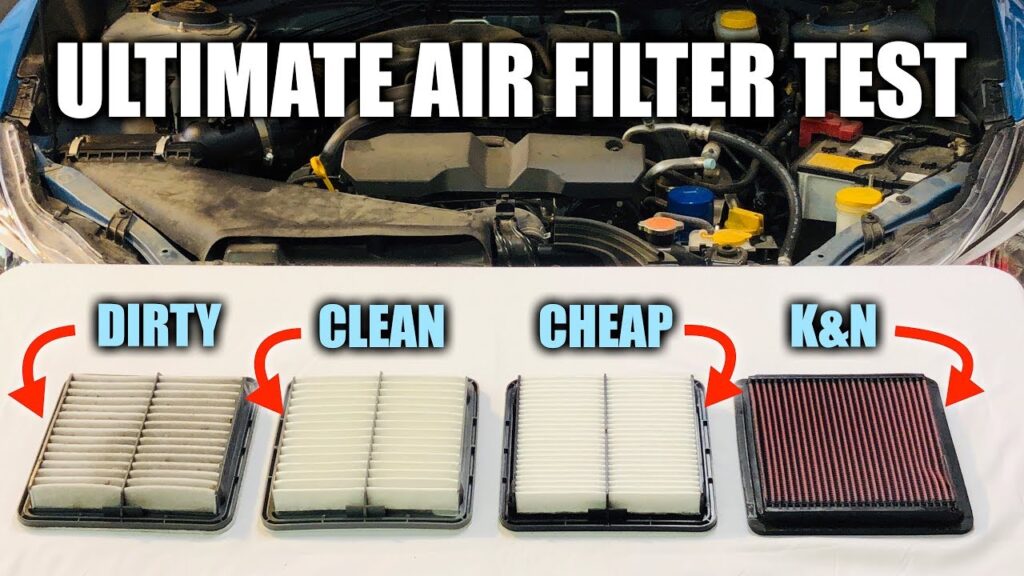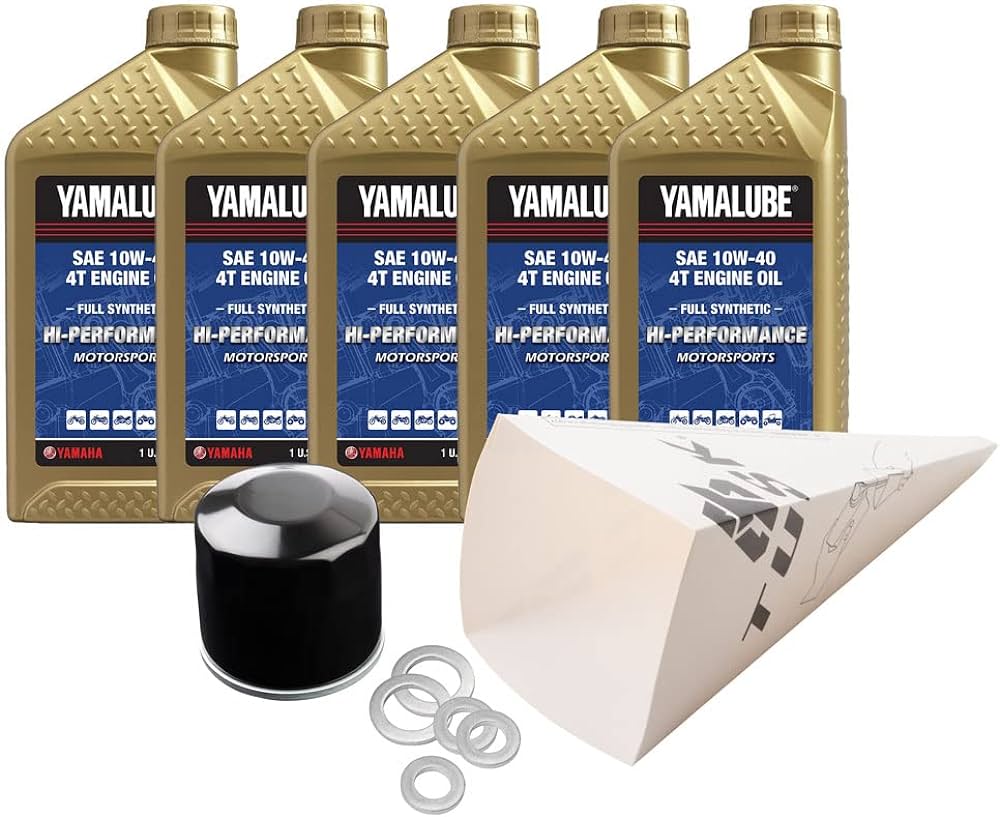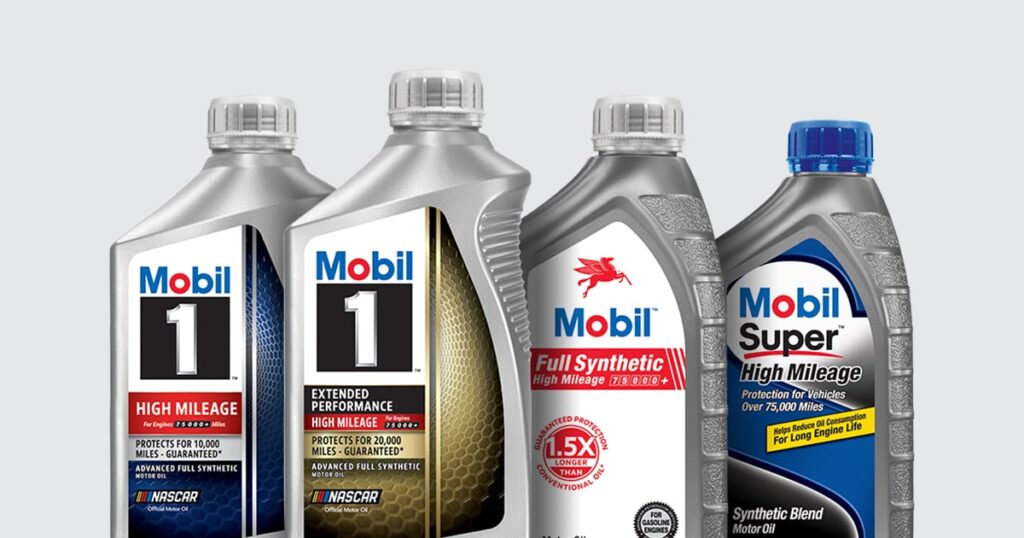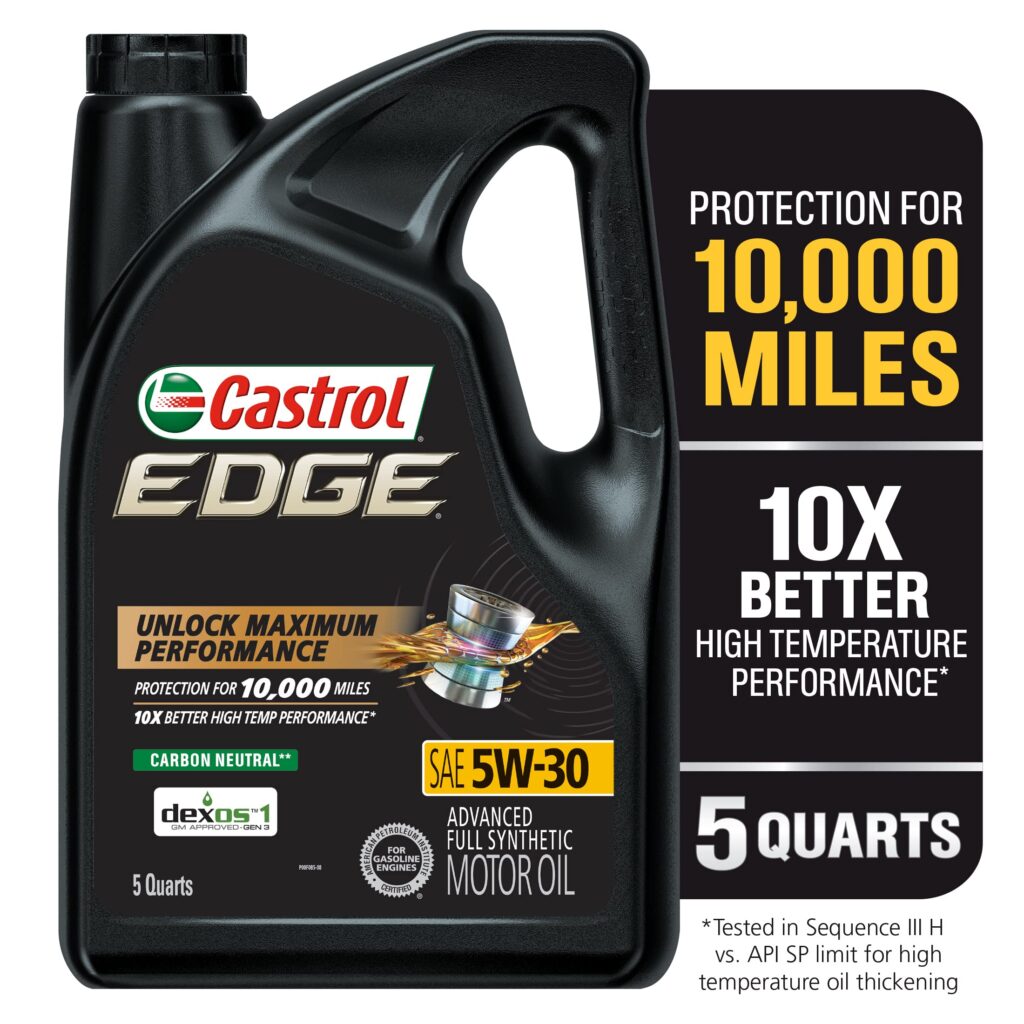Engine Oil Viscosity Guide for Hot Climates: Beat the Heat
In hot climates, choose thicker motor oil to ensure proper engine protection and lubrication. Thicker oil performs better in warmer temperatures by maintaining viscosity. When selecting engine oil for hot climates like Austin, Texas, it’s crucial to consider the temperature-viscosity relationship. The viscosity of oil changes with temperature, affecting its flow and lubricating properties. Opting […]
Engine Oil Viscosity Guide for Hot Climates: Beat the Heat Read More »







